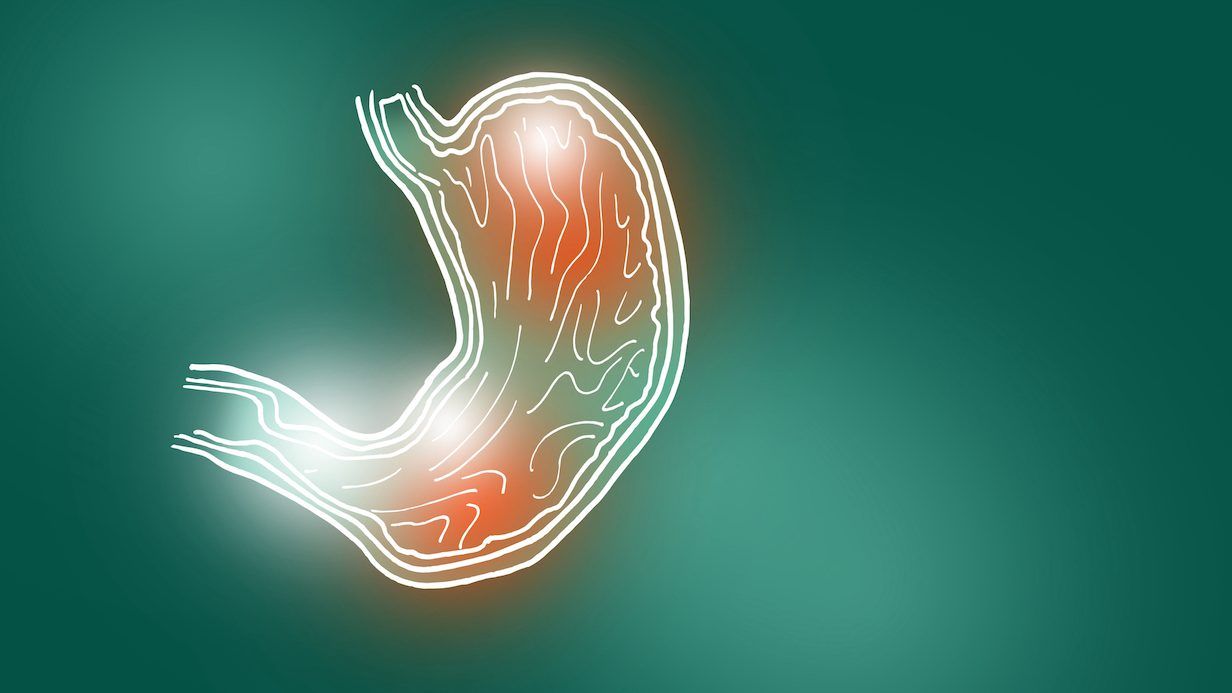what is stomach cancer? understanding symptoms, treatment and prevention
ninety-five per cent of cases are known as adenocarcinoma, a form of stomach cancer that begins in the cells that secrete stomach acid.
woman lives without stomach to dodge cancer
summer heide had her stomach removed after learning she had the gene for the deadly hereditary diffuse gastric cancer syndrome.
how anemia could signal a rare blood cancer
anemia is one of the most common and serious complications of myelofibrosis, a rare blood cancer where too many blood cells are produced in the bone marrow.
 7 minute read
7 minute read










